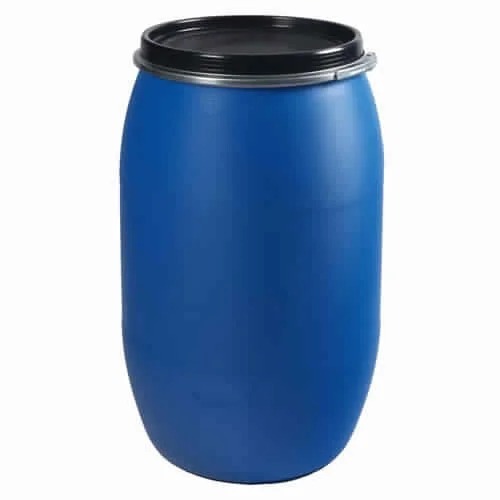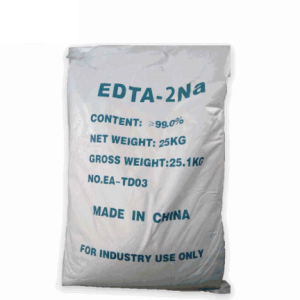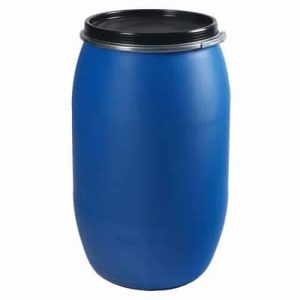Product Details
Monoethylene Glycol (MEG) 200Ltr Drum
Monoethylene Glycol (MEG) stands as a cornerstone in the realm of chemicals, boasting a plethora of applications and benefits that span across diverse industries. Its molecular structure, comprising two hydroxyl groups attached to an ethylene backbone, renders it a versatile and indispensable compound in numerous processes. From its pivotal role in the production of polyester fibers to its presence in antifreeze solutions, MEG continues to demonstrate its value in various fields. Let’s explore the benefits and applications of Monoethylene Glycol in greater detail.
Description
Unlocking the Potential of Monoethylene Glycol (MEG): Benefits and Applications
Monoethylene Glycol (MEG) stands as a cornerstone in the realm of chemicals, boasting a plethora of applications and benefits that span across diverse industries. Its molecular structure, comprising two hydroxyl groups attached to an ethylene backbone, renders it a versatile and indispensable compound in numerous processes. From its pivotal role in the production of polyester fibers to its presence in antifreeze solutions, MEG continues to demonstrate its value in various fields. Let’s explore the benefits and applications of Monoethylene Glycol in greater detail.
Polyester Production:
One of the primary applications of MEG lies in the production of polyester fibers and resins, which are ubiquitous in textiles, packaging, and engineering plastics. MEG serves as a crucial building block in the synthesis of polyethylene terephthalate (PET), a thermoplastic polymer widely used in the manufacturing of clothing, bottles, and other consumer goods. Through polymerization reactions with terephthalic acid or dimethyl terephthalate, MEG forms long chains of repeating units, imparting desirable properties such as strength, durability, and chemical resistance to the resulting polyester materials.
Antifreeze and Coolant Solutions:
MEG’s ability to lower the freezing point and raise the boiling point of water makes it an essential component in antifreeze and coolant solutions used in automotive engines and industrial cooling systems. By preventing the formation of ice crystals and inhibiting corrosion within the cooling circuit, MEG-based solutions help maintain optimal engine performance and prolong the lifespan of mechanical components, especially in cold climates or extreme operating conditions. Additionally, MEG’s low toxicity and compatibility with other additives further enhance its suitability for use in coolant formulations.
Hydrate Inhibition in Natural Gas Production:
In the oil and gas industry, MEG plays a vital role in hydrate inhibition, where it is injected into natural gas pipelines to prevent the formation of hydrates – solid crystalline compounds that can obstruct flow and cause operational disruptions. By lowering the water dew point and disrupting the hydrogen bonding between water molecules, MEG effectively suppresses hydrate formation, ensuring the uninterrupted transportation of natural gas from production wells to processing facilities. This application is critical for maintaining the integrity and efficiency of gas transmission infrastructure.
Solvent and Humectant:
Furthermore, MEG serves as a versatile solvent and humectant in various industrial and consumer products. Its hygroscopic nature enables it to attract and retain moisture, making it an ideal ingredient in skincare formulations, pharmaceuticals, and personal care products such as lotions, creams, and toothpaste. MEG’s solvent properties also find utility in ink formulations, paints, coatings, and adhesives, where it helps dissolve pigments, resins, and other components to achieve desired consistency and performance.
Gas Dehydration:
In natural gas processing plants, MEG finds application in the dehydration of natural gas streams by adsorbing water vapor from the gas phase. Through a process known as glycol dehydration, MEG selectively removes water molecules, thereby reducing the water content of the gas to meet pipeline specifications and prevent corrosion and hydrate formation during transportation. This dehydration process is essential for ensuring the quality and marketability of natural gas products.
In conclusion, Monoethylene Glycol (MEG) emerges as a versatile compound with a multitude of benefits and applications across various industries. From its pivotal role in polyester production and antifreeze formulations to its use in hydrate inhibition and solvent applications, MEG continues to contribute significantly to the advancement of technology and the improvement of products and processes. As research and innovation continue to unfold, the versatility and value of MEG are expected to further underscore its importance in the ever-evolving landscape of chemistry and industry.






Reviews
There are no reviews yet.